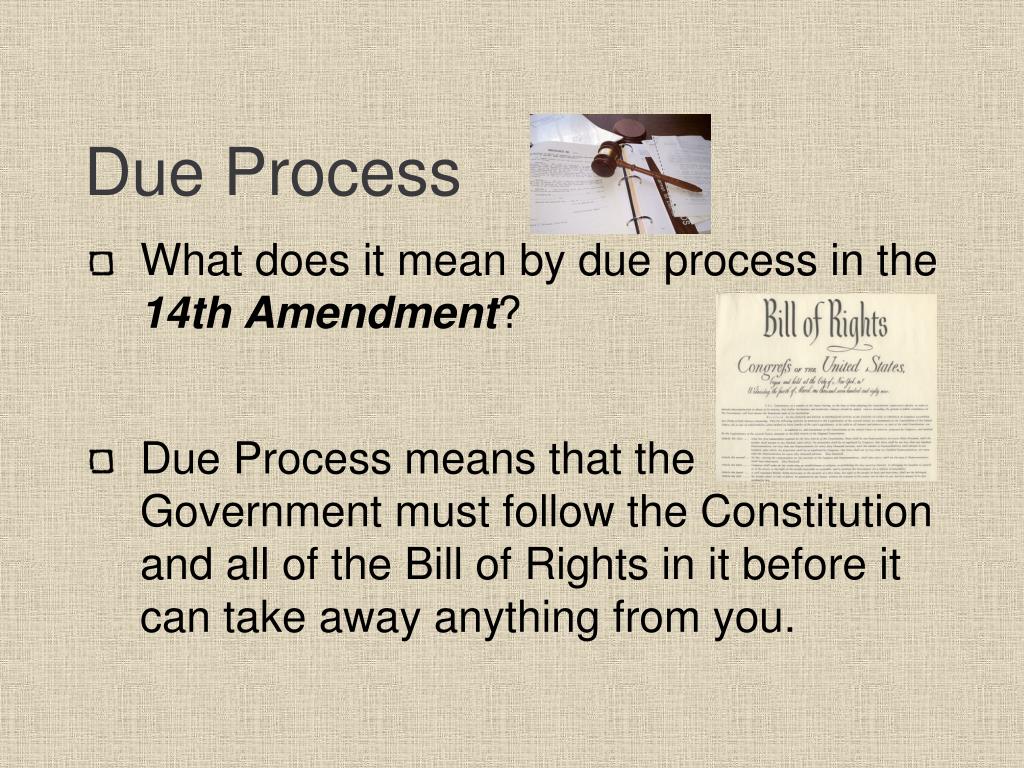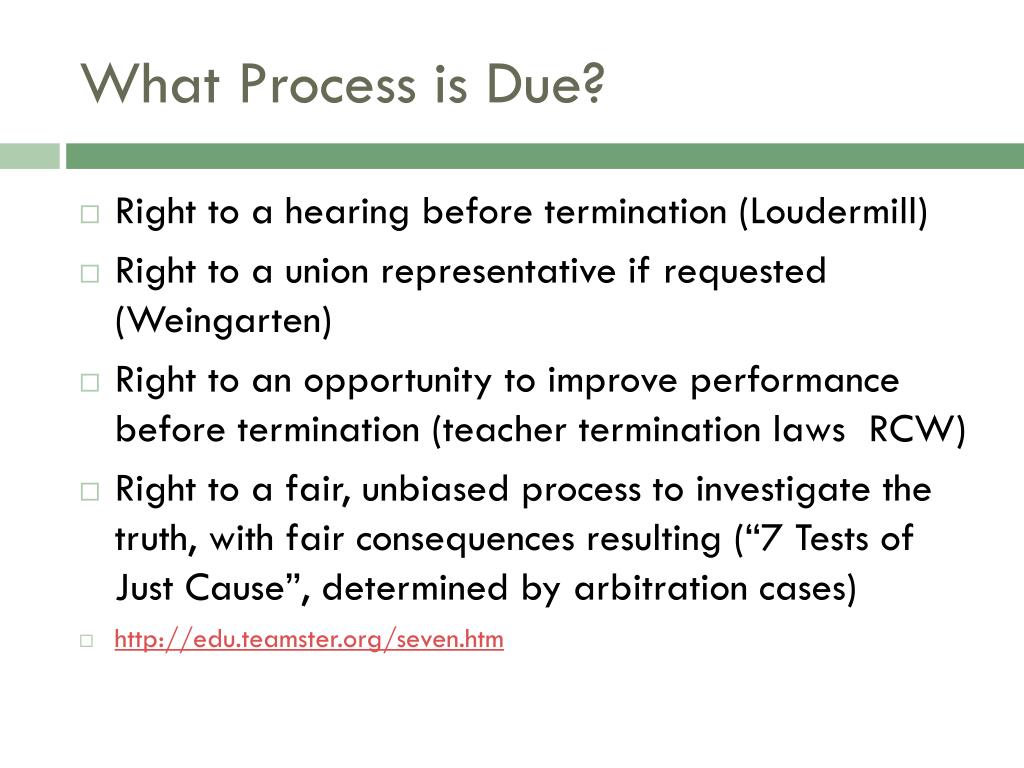


The Florida courts had jurisdiction over the issue of timesharing. The father lived in southwest Florida, while the mother lived in Indiana.

One recent family law case in which this issue of due process played a key role in the outcome was a matter that involved a long-distance family dynamic and some allegedly dysfunctional relationships. To make sure that all of your rights, including your constitutional rights, are protected in your case, be sure you have a skilled Florida child custody attorney on your side. Part of this due process protection says that a court generally cannot take action against you without proper notice and a chance for you to be heard. The reality is, though, that all parties in criminal and civil cases are entitled to due process of law. You also cannot appeal or challenge the government for a police department depriving you of your property if the police have a reason to believe that the property is needed as evidence in a criminal trial.Many times, people may associate legal phrases like “due process of law” with criminal cases. As is often the case, the Court has allowed for due process to be less strict or even entirely unnecessary under certain circumstances.įor example, you cannot appeal or challenge the government for raising taxes or trying to collect them. Since the inclusion, the American court system, including the Supreme Court, has debated what qualifies as acceptable due process. Due process guarantees that a person will be given the fair and equal treatment that they are owed by or due from their government.ĭue process was established in American law for the federal government by the Fifth Amendment and for state governments by the Fourteenth Amendment. This phrase combines the words due, meaning owed, and process, meaning a system of actions or procedures. The first records of the phrase due process come from around 1791. Private businesses and other groups don’t have to follow due process, but they still have to obey all applicable laws. They must also be given a reasonable opportunity to dispute it, and the decider of this challenge must be impartial.ĭue process only applies to the government, however. Very broadly, due process in a civil dispute means that before a person’s liberty or property can be taken away, they must receive adequate notice that someone intends to take it away from them. In civil trials, what is considered acceptable due process is much less clear and the issue has been debated in courts for centuries. They are also guaranteed that the court will respect all of their Constitutional rights during the entire legal process.
CONSTITUTIONAL RIGHT TO DUE PROCESS TRIAL
Then the accused must be guaranteed a fair trial that involves evidence, an unbiased jury, and cross-examination. In criminal trials, due process starts with telling an accused person what crime they are accused of.

In practice, the courts’ idea of due process is much stricter (and easier to understand) in criminal trials than in civil trials. Specifically, the Constitution states that the government cannot “deprive any person of life, liberty, or property, without due process of law.”ĭue process generally means that a person’s “life, liberty, or property” can only be taken from them by a government that is adhering to both the Constitution and the established rules and procedures of the legal system, which usually means a fair trial and equal treatment under the law. In American law, due process, also known as due process of law, is required by law in both the Fifth Amendment and Fourteenth Amendment of the Constitution of the United States. Due process is the principle that you will be treated equally and fairly by the justice system, which will adhere to established processes and procedures.


 0 kommentar(er)
0 kommentar(er)
